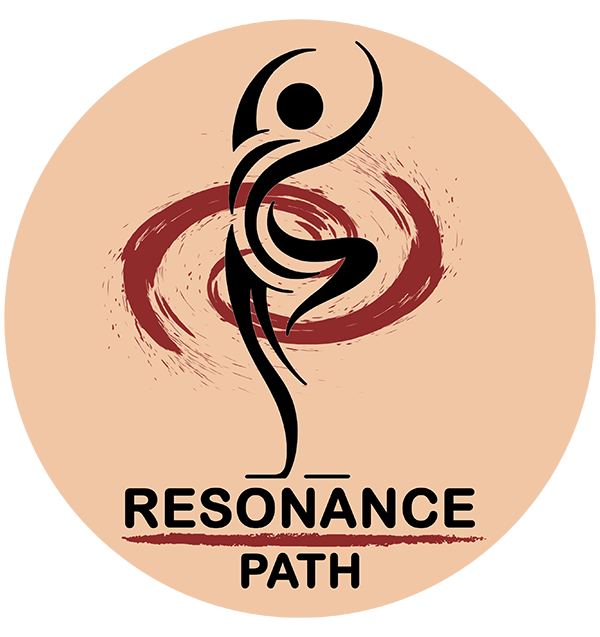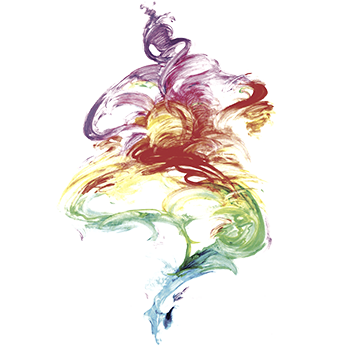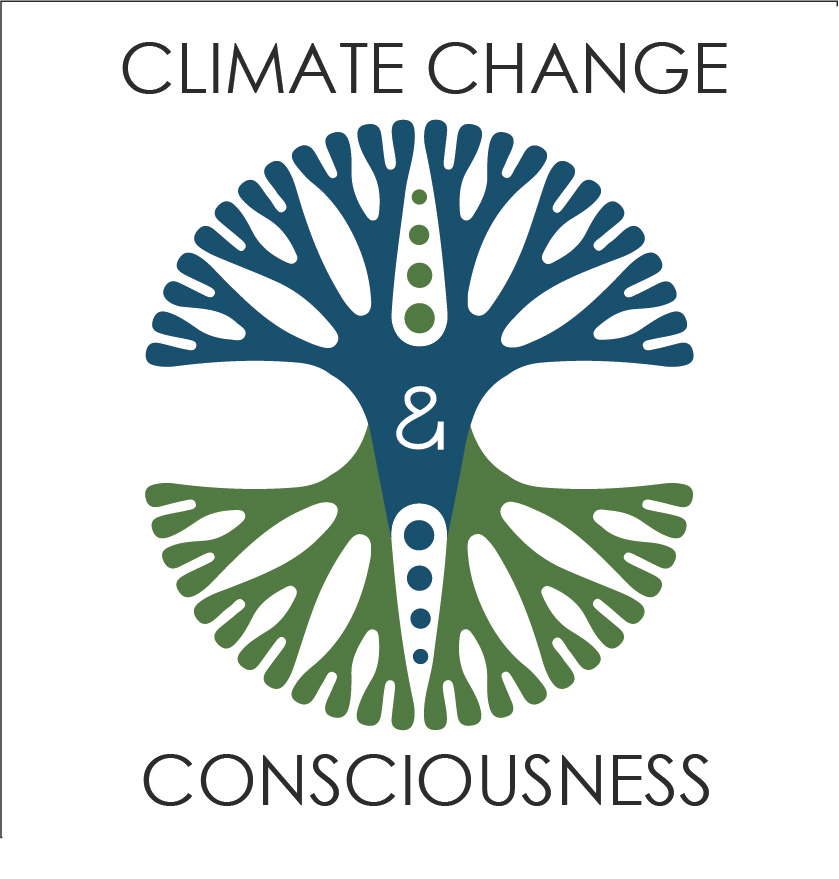
The Art of Embodied Cultural Sensitivity
Creating Harmony in a Time of Polarization
Noon – 2:30 pm, Pacific Time, 5/17/24 – 7/26/24, no course on 6/14
10 Zoom Sessions + Online Community | Tuition: $1500

WHY
The purpose of this course is to enable the participants to develop kind and mutually beneficial, personal and professional relationships with human beings across societal and cultural boundaries.
In this course, you will
- Become anchored in a sense of belonging beyond socio-cultural identity that enables you to be a leader in healing and evolving the social field.
- Cultivate cultural sensitivity as an embodied response, actively engage with differences and transform them into learnings, and foster collaboration across cultural gaps.
- Cultivate self as a healer of historical trauma so that you are more free to respond to challenging interpersonal, cross-cultural situations with kindness, firmness and efficacy.
- Develop communication skills, somatic tracking and self-awareness to both speak and listen effectively in conversations where systemic imbalance is a key component.

HOW
Through storytelling, poetry-writing, compassionate witnessing and experiential activities, you will
- Explore the impact of cultural conditioning on thoughts, feelings and behaviors
- Bear compassionate witnessing of biases and trauma formed through unexamined and unintegrated cultural programming
- Develop embodied practices to enhance cultural sensitivity and awareness
- Go beyond blame-and-shame. Learn to respect differences and transform them into learning opportunities and build bridges across cultures
- Learn energy work rooted in ancient wisdom that help us regulate our nervous system, especially when we are caught in triggering situations
- Practicing navigating uncomfortable territory with grace and understanding

FOR WHOM
This course is for:
- People interested in developing cultural awareness in their daily life and family relationship, especially multi-generational, or multi-ethnic family settings; and
- Professionals and service providers who interact with diverse cultures, including therapists, healthcare providers, coaches, social workers, educators, community organizers, and activists;
- Organizational consultants interested in developing a holistic and collaborative culture in teams or organizations.
- People who are ready to embark on a journey of self-discovery through cultural awareness
This course is open to public and also counts towards a core course in the Living Resonance Leadership MA/PhD program.
Facilitators
This course is co-created and co-facilitated by Drs. Spring Cheng & Stephanie Mines. Stephanie and Spring are scientists, healers. artists and writers. They share their experiences of practicing cultural sensitivity in their relationship as a foundation for this course, alongside their combined decades of interaction with a broad spectrum of cultures.
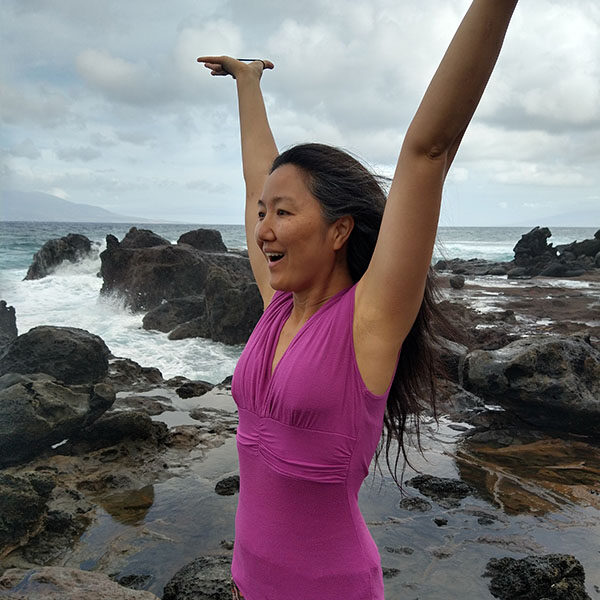
Dr. Spring Cheng is the co-founder of the Resonance Path, dedicated to the transformation of consciousness. She is the originator of Living Resonance / Holistic Psychology program at Ubiquity University. Spring grew up in pre-industrialized China and experienced the transition from family-based, farming-oriented traditional culture to a merit-based, competition-centered capitalistic culture. Spring currently serves individuals and groups in Asia, North America, Europe and Australia. Her work is informed by her experience as a Taoist practitioner, scientist, healer, and artist.
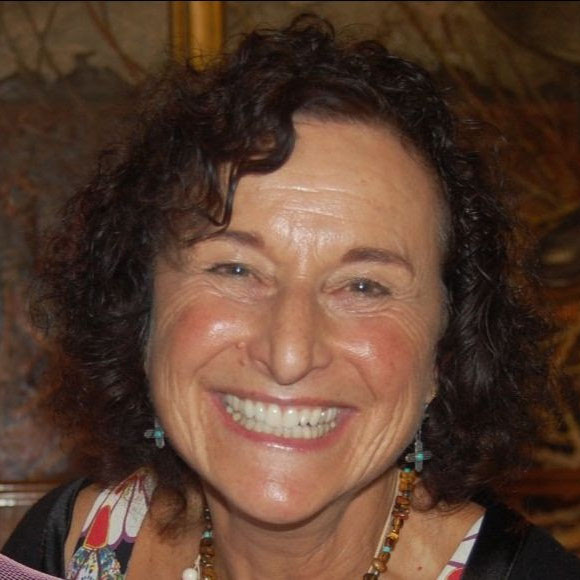
Dr. Stephanie Mines founded the TARA Approach and Climate Change & Consciousness. She is the originator of the Regenerative Health MA/PHD program at Ubiquity University. As a neuroscientist, trauma therapist and embryologist, Dr. Mines serves communities throughout the world at the grassroots level. She develops applications for populations in need in the US, Europe, Latin America, Polynesia, and the Middle East. She is the author of five books on the resolution of shock and trauma.
Read article on Facing Justifiable Anger with Spaciousness
Read article on Transforming Rage into Sacred Songs
Read article on Beyond Blame and Shame
Read Article on Universal Belonging



